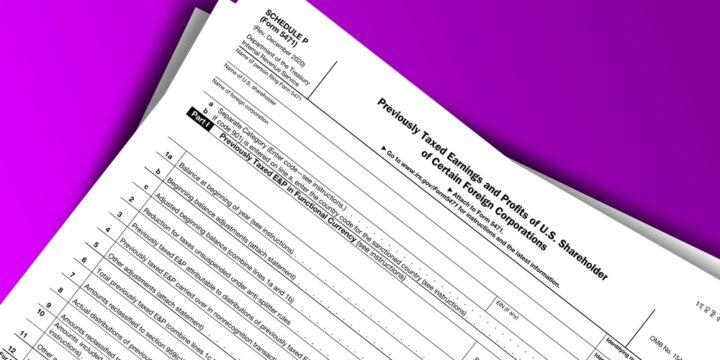
IRS Form 5472: Do You Need to File it?
By Anthony Diosdi The Form 5472 is a mandatory return that must be filed with the Internal Revenue Service (“IRS”) for reportable transactions between a reporting corporation and its foreign related party. This article will discuss whether an entity has an obligation to file a Form 5472.Form 5472: Basic TerminologyA Form 5472 is required to be filed by a domestic corporation (or a disregarded entity) that can be classified as a reporting corporation. An entity can be classified as a reporting corporation, if, at any time during the taxable year, 25% or more of its stock, by vote or value, is owned directly or indirectly by at least one foreign person.A foreign person is:1) An individual who is a citizen or resident of a U.S. possession who is not otherwise…








